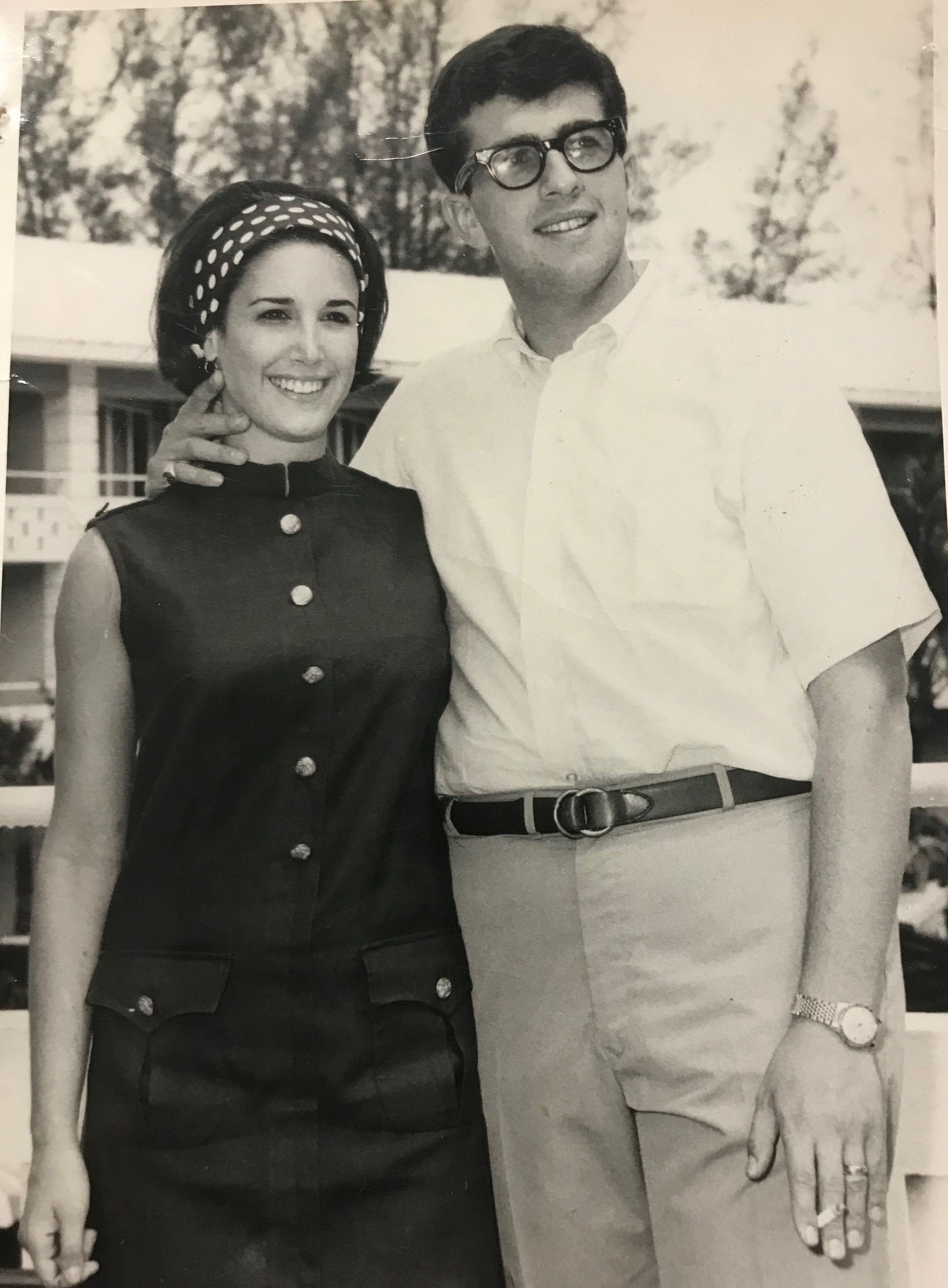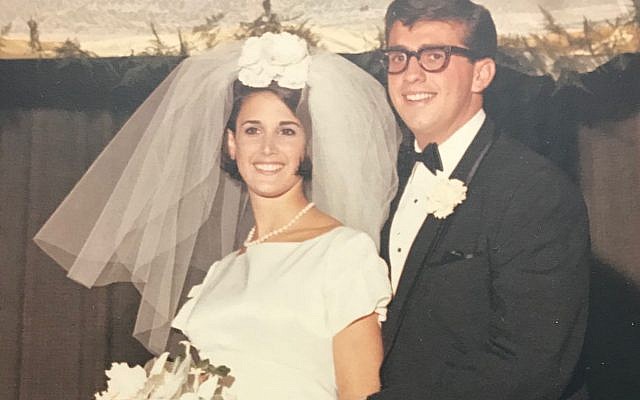How to Love with Dementia
A book by Robert “Bob” Fischbach, “Faithful as She Fades: A Memoir of Love and Dementia,” brings us into a world of caretaking and coping in an intimate and honest way.
What will I do when the person whom I love most in the world becomes terminally ill? What can prepare us for this dreadful moment when our worst fears become reality? Who and what will give us strength? A book by Robert “Bob” Fischbach, “Faithful as She Fades: A Memoir of Love and Dementia,” to go on sale July 10, brings us into this world of caretaking and coping in an intimate and honest way.
Promises are easy to make, more often hard to keep. “‘…lastly you have to promise me that you will not put me in a facility,’” Fischbach recalls his wife asking. Once he made the promise, he never had any doubts he would keep it. He states, “I saw my parents take care of their parents and I saw my Mom take care of my Father. L’dor v’dor.”
This book is a love story about his wife Janie, and his kids, whose strength and sweetness sustained him. It’s about going through the worst of life and then figuring out how to live and love again.
In “Faithful as She Fades,” Fischbach shares with us his experiences growing up in a working-class Jewish family in Great Neck, Long Island, N.Y., which at that time had a very small Jewish community. He struggled to compete with the more affluent residents and found athletics an area of common ground. His dad, a hairdresser with his own salon, had opportunities to grow his small business, but these ideas were nixed time and again by Fischbach’s mother. The daughter of immigrant parents having lost her own Mom while very young, she did not take chances. Witnessing this as a child and yearning for more, Fischbach decided that when life gave him opportunities, he would not back down. He would seize them with determination and take chances. And he did.
Working his way through Cincinnati University with a degree in community planning, Fischbach met Janie – beautiful, decisive, intelligent and loving. While Janie’s mother decided that Fischbach had little to offer her daughter, he was not to be deterred. Fischbach explores the events leading to their marriage, their decision to adopt and his successful career in Atlanta with firm roots in the Jewish community.

Happily married and living their dream life in a Sandy Springs home Fischbach designed, Janie, then 60, gets a diagnosis of frontotemporal dementia, a progressive, terminal illness. “The doctor might as well have taken a hammer and hit me in the gut. I felt all the air go out of me,” remembers Fischbach. He shares the difficulties of acceptance, sadness, anger, and revelation to their sons, as well as the huge job of caretaking and managing caretakers as Janie declines. During this journey, his sons plan a meeting with him to offer support and “out of the box” ways for him to continue living while his wife is fading. He also acknowledges some family members and friends who disappoint and dismiss, and his loss of confidence in a merciful God. Just when things feel like they cannot get any worse and he wonders how he will continue, Fischbach meets Michele. This book is both inspirational and real. How do we cope with serving someone we love and watching them fail? How do we move beyond our own pain and make their last years comfortable while not abandoning our own lives? This book is a must read for anyone who has walked in those shoes, but also for those who fear walking in those shoes. The author has walked the walk and done so with dignity and truth.




comments